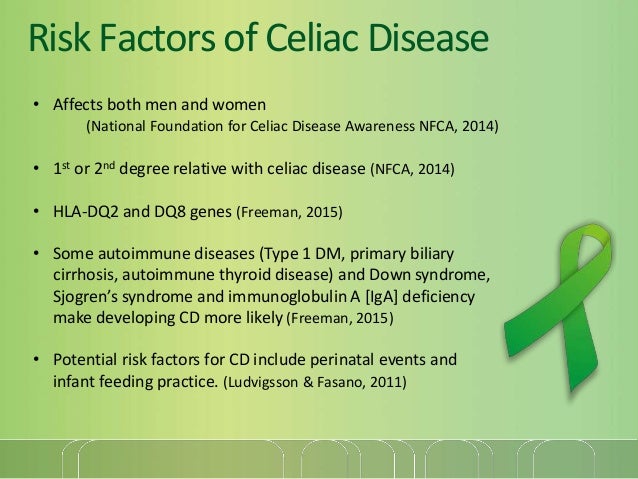Annies Home a place where I love to share tips, recipes and wonderful products that I find for our family along the way.

Custom Search
Sunday, May 13, 2018
Celiac Disease Awareness
National Celiac Disease is brought into the lime light in May during Celiac Disease Awareness Month. Celiac Disease is thought to be a modern day ailment that affects those with European heritage as well as those in the Westernized societies. However, the history of Celiac Disease may go even further past in history, way far, like the beginning of man
In the earliest of times humans were nomadic and hunted and gathered their food. Man survived mainly on fruits, nuts, and meat whenever available. Humans would evolve and begin to cultivate plants and this would lead to an agricultural revolution. The human diet would change during the agricultural revolution and would come to include dairy, eggs and processed grains. Celiac disease came into existence during this time. It would not be for another 8,000 years that the disease would be I.D'd and named by a Greek physician.
Celiac disease is a serious genetic autoimmune disease that is triggered by consuming a protein called gluten. Gluten is found in wheat, barley and rye. Individuals with celiac disease can not eat foods that contain gluten. If they do their immune system responds by damaging the villi of the small intestine.
During the 19th century Dr. Mathew Baillie shared that his thoughts of celiac disease included chronic diarrhea disorder causing malnutrition. Celiac disease is characterized by a gas distended abdomen. It would not be until in 1888 when another Dr. , Dr. Gee a doctor a children's hospital in the United Kingdom demonstrated a set of clinical trials on children and adults with celiac disease. It was Dr. Gee that first stated that it would be diet to help the patient with celiac disease.
In the 1920's another doctor by the name of Sidney would present the "banana diet". The new diet treated 8 out of 10 children with celiac disease. The banana diet eliminated all bread, crackers, potatoes and cereals. For years the only treatment for Celiac Disease was the banana diet.
In 1953 another physician from the Dutch observed that wheat proteins and not carbs in general were the cause of celiac disease. It was due to the bread shortages in the Netherlands during world war II that he found the health of children with celiac improved. When the shortage was over the same children quickly deteriorated.
Another important step in fighting celiac disease took place in the 1960s. It was determined that a biopsy was needed to diagnose those with celiac disease. The biopsy helped demonstrate the damage done to intestines. Following the biopsy the patient would be allowed to be on a gluten free diet before a second biopsy was performed. A gluten diet would follow the biopsy prior to a 3rd biopsy. The biopsy procedure was used for over 20 years as it was thought to be the best testing method. This would change in during the 1980s and 1990s when new testing guidelines were set up. Celiac was recognized as an autoimmune disease and the gluten sensitivity was recognized as well.
Interested in a 7 day gluten free meal plan?? Check it out here
Subscribe to:
Post Comments (Atom)




No comments:
Post a Comment
I love comments so if you have a minute leave me your thoughts on the above post